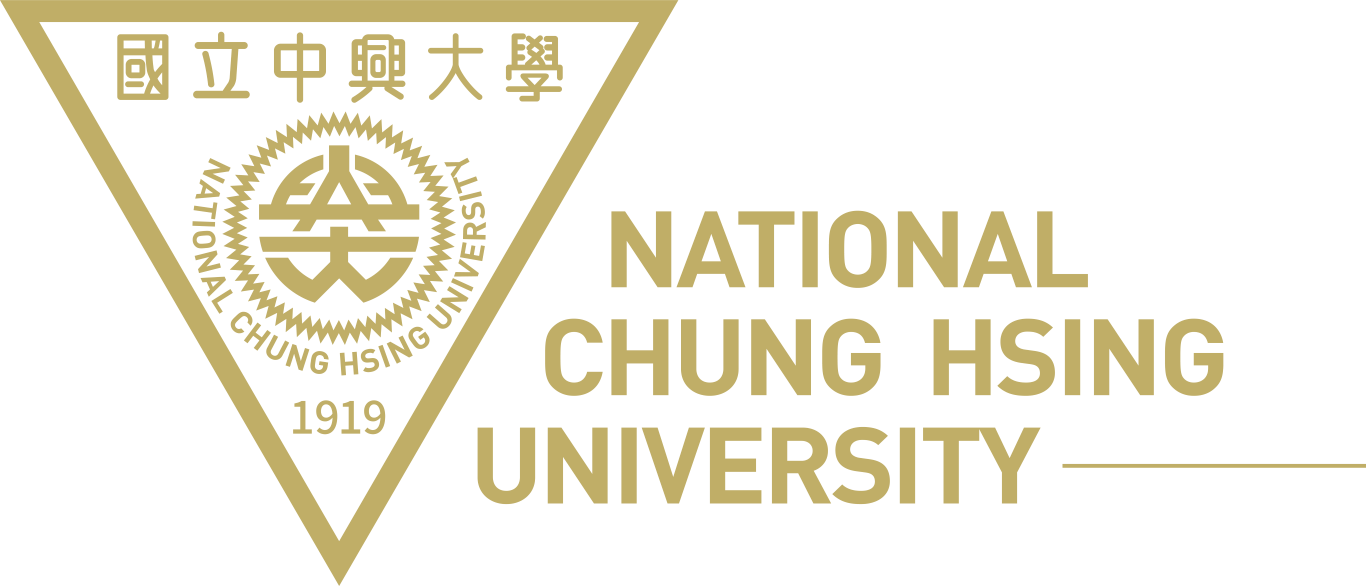1. Assignment of technology transfer royalties:
Royalty distribution shall be processed in accordance with Article 7 of NCHU’s Regulations Governing the Management and Utilization of Research and Development Outcomes.
Unless otherwise stipulated in a separate contract or other applicable regulations, royalties from the management, maintenance, utilization, and promotion of intellectual property rights derived from NCHU R&D outcomes will be distributed in the following manner after the necessary deductions are withheld in accordance with the Government Scientific and Technological Research and Development Results Ownership and Utilization Regulations:
Necessary costs fully borne by researchers or a third party with no contribution by the University (Article 5, Paragraph 1, Subparagraph 1): Researcher 80%–NCHU 20%.
Necessary costs partially borne by the University (Article 5, Paragraph 1, Subparagraph 3): Researcher 40%–NCHU 60%.
If a patent is licensed to multiple targets through non-exclusive licenses, royalties for the first of such licenses will be distributed in accordance with the preceding two subparagraphs. The University’s distribution percentage will be reduced by 10% for each subsequent license until it reaches 20%, whereas the researcher’s distribution percentage will increase by 10% for each subsequent license until it reaches 80%.
Liquidated damages and compensation obtained by the University for its R&D outcomes due to a breach of contract or infringement will be distributed in the following ratio after deducting expenses paid to legal counsel and professional consultants: NCHU 100%.
Unless otherwise stipulated in a separate contract or other applicable regulations, royalty distribution ratios will remain the same even in the event of a researcher’s departure from the University due to separation, retirement, or death. If a researcher is unable to claim royalty payments themselves, their legal heir or a beneficiary designated in their will may do so on their behalf.
2. Methods of R&D results publication and release by faculty members:nFaculty members with R&D outcomes (patents and technical know-how) may submit an R&D Outcome Survey Form to the Division for announcement and promotion through various channels with the ultimate goal of finding opportunities for potential applications, transactions, collaborations, and matchmaking.

